Heading into the 2024-2025 school year, the English, Math, Art, and Social Science departments have altered their course offerings, creating more options for students when it comes to choosing required classes.
Casey Wilen, the art teacher at U-High, has adjusted Art Fundamentals, the class that all students have to take before moving into any other advanced art classes, to a semester-long class as opposed to the year-long option previously available.
“The class will basically give you the foundation to be able to move into any of the other courses in a stream-lined format,” Wilen said.
Along with Art Fundamentals, Wilen decided to remove Art Media and replace it with a semester-long Dedicated Painting class.
“A lot of the things that were in Art Media are now being put into the other courses as assignments,” Wilen said, “Dedicated Painting will focus on just painting.”
Wilen decided to make these changes based on requests from students.
“I knew I was going to rework the curriculum when I took the job,” Wilen said, “I might add more courses in the future or change other things based on student interests and needs.”
The final change Wilen made to the art program was adding a pre-AP class called Studio Art. Students will have to complete Art Fundamentals and two of the prerequisite classes before enrolling in Studio Art.
“Studio Art is going to be topic-based where students get to pick what media they use for the artwork. I’ll give them some type of concept to tackle and they have to create artwork based on that,” Wilen said, “This will help me take on less independent studies. Last year and this year I’ve had a lot of students wanting to do an independent study in a specific thing.”
The English department has added a variety of new classes, replacing previous classes, and incorporating a co-taught class, known as the Youth Action Research class. English teacher Meg Flanagan will be teaching two new semester-long classes next school year: Mythology and English Language Origins.
“English Language Origins is based on a class I taught at Pekin,” Flanagan said, “it was very popular, I had three sections that were full.”
The class will focus on Greek and Latin roots, prefixes, and suffixes. On top of that, Flanagan also wants to add in a book study.
“The essential question for the class is how does the English language lift up and how does it oppress,” Flanagan said.
Mythology will be broken down into four main modules: the traditional Pantheon of Greek Gods and Goddesses, non-traditional mythologies, comparative study of translations of The Odyssey, and a final module of contemporary mythological retellings.
“These classes are open to sophomores through seniors,” Flanagan said.
This year, U-High stopped having a pre-calculus class and only offered an AP pre-calculus class. However, there has been one slight change with the math department.
“Nothing’s changing with pre-calc”, Chris Headrick said, “the only change with the math department is that college algebra is no longer dual-credit.”
In addition to the new courses in English, the Social Science department has added a new AP course called AP African American Studies that can be counted as a US history course. David Harnish, one of the US Studies and dual credit Sociology teachers here, will be the teacher for this class.
“The class will be broken down into four big units,” Harnish said, “it’ll be broken down into the origins of the African diasporas, Freedom: enslavement and resistance, practice of freedom, and movements and debates.”
The class currently has 26 students enrolled for this fall, making it a very popular choice.
“The class will be officially offered starting fall of 2024,” Harnish said, “last year was used as a pilot year in schools around the country.”
The social studies department has wanted to bring this class to U-High, so being able to have the resources and teacher for the class is making this dream turn into reality.
“We know that being able to offer African American history or any type of ethnic course is a potential way to strengthen the extent to which we are being culturally responsive to our student body,” Harnish said, “It’s always helpful for students to be able to see themselves in the curriculum, and it’s helpful for students who don’t have that identity to learn about cultures that aren’t their own.”
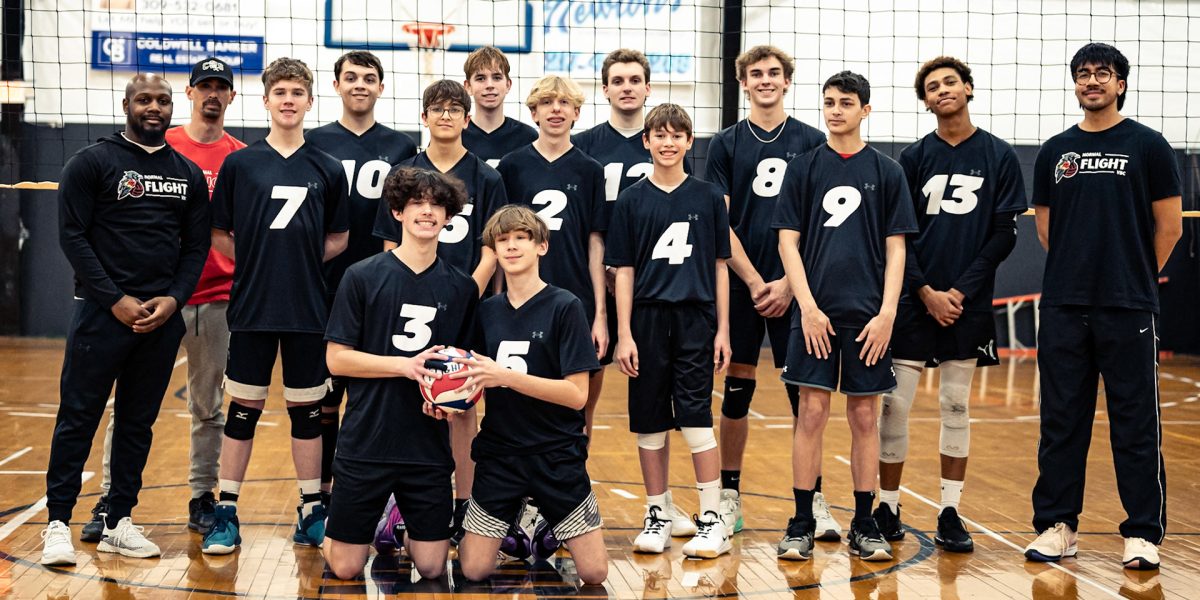
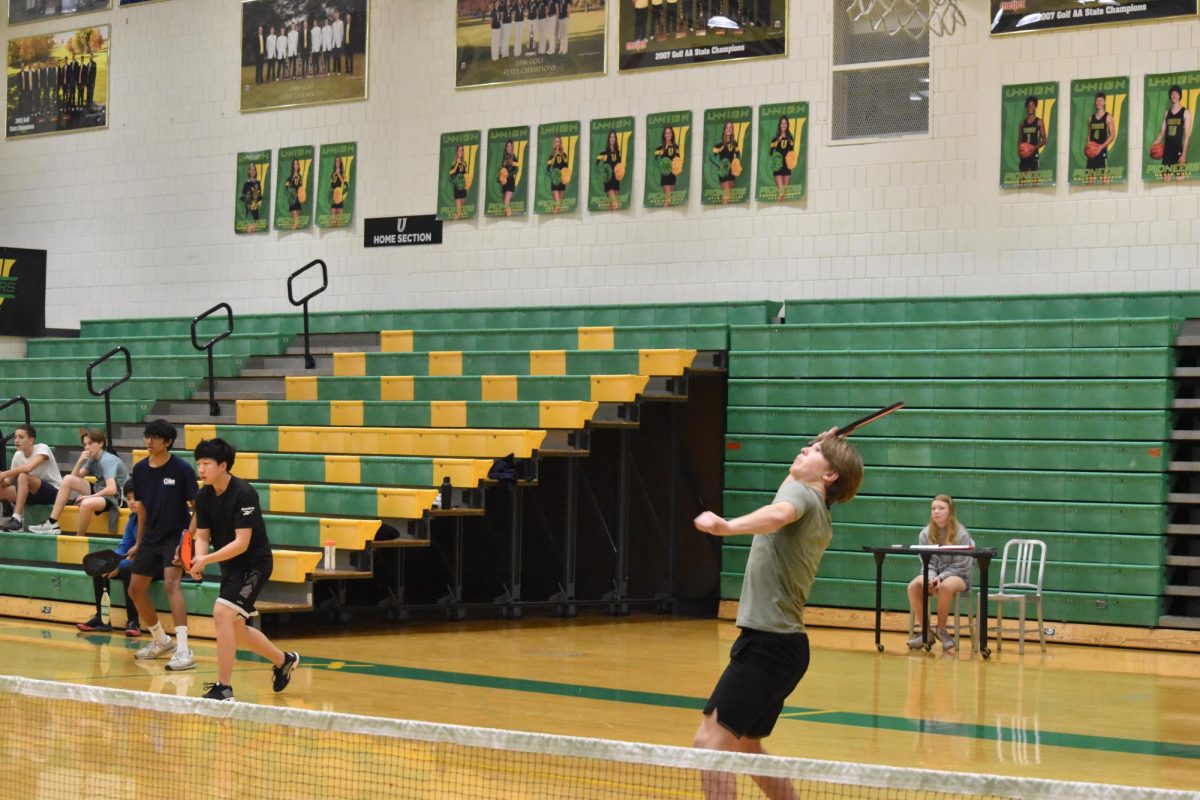
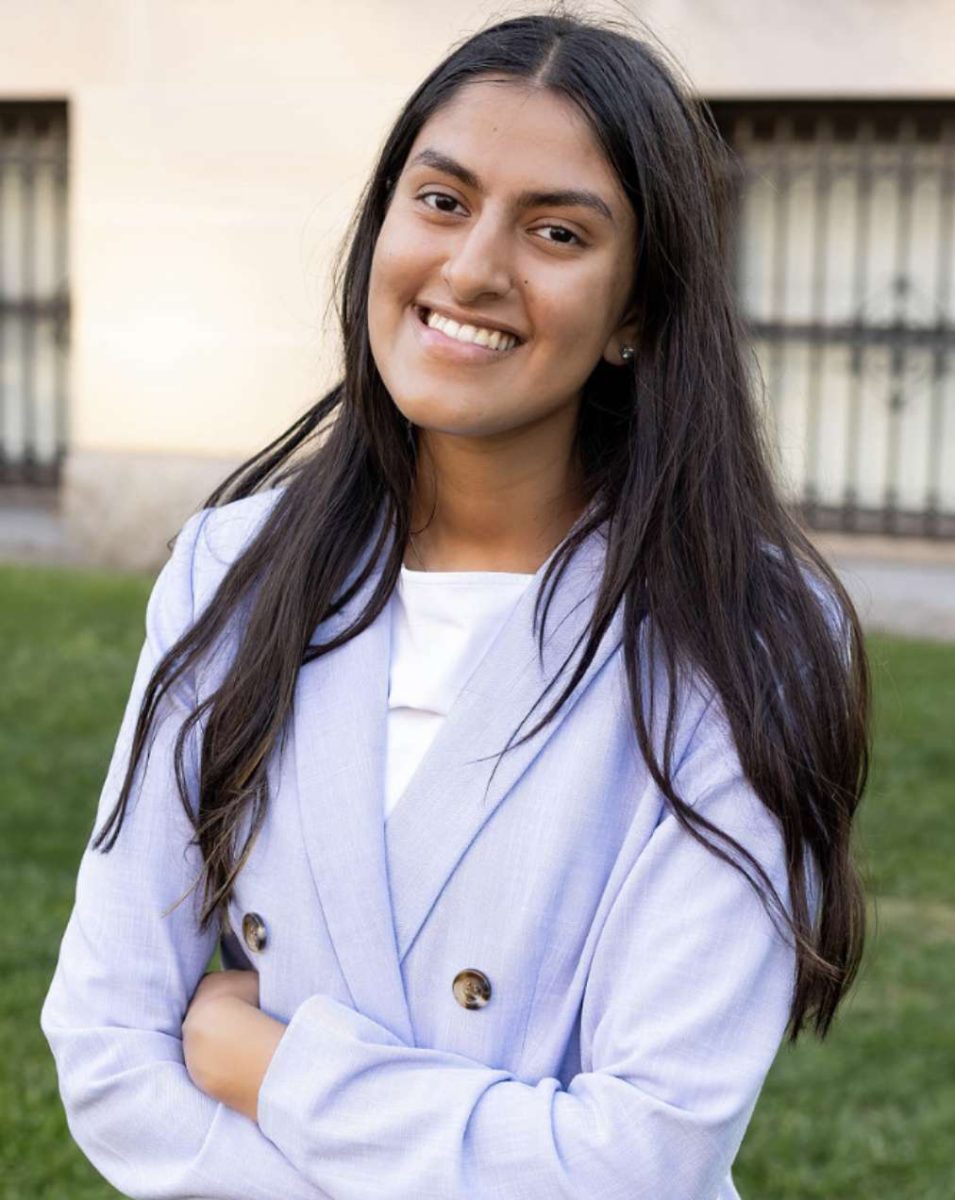
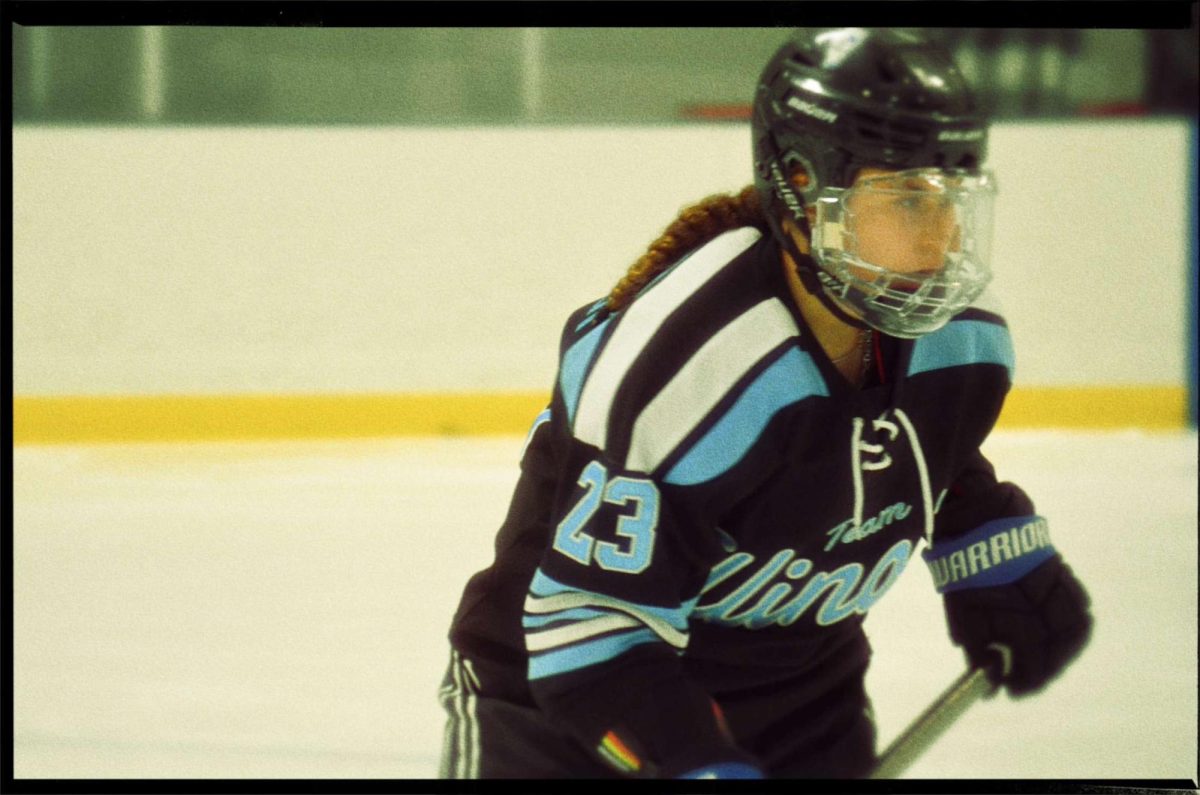
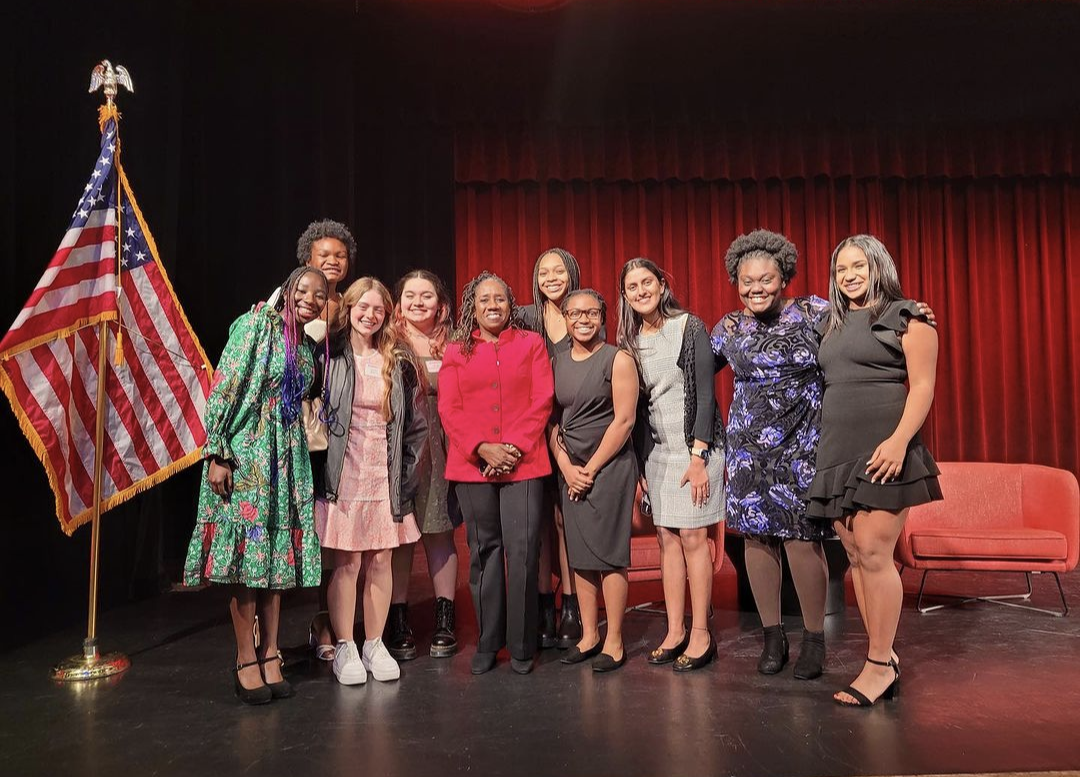
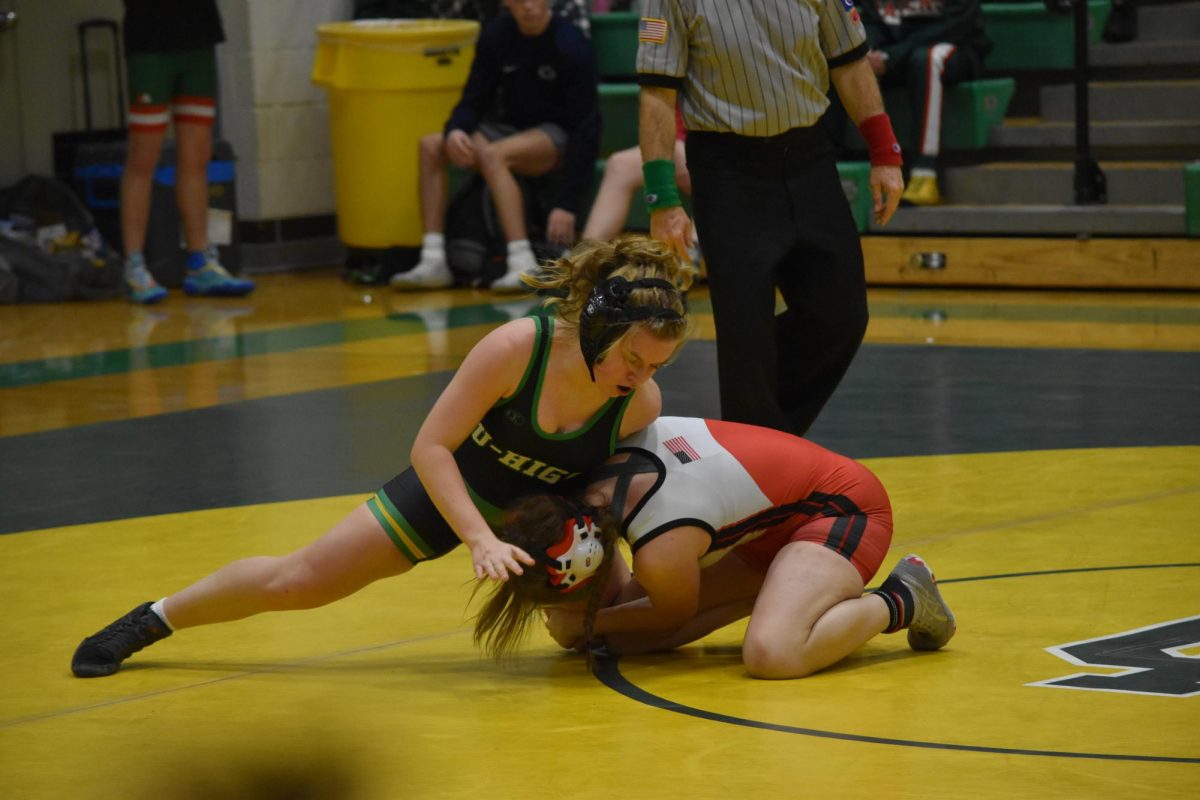
Anonymous • Apr 8, 2024 at 9:05 am
This is so cool!